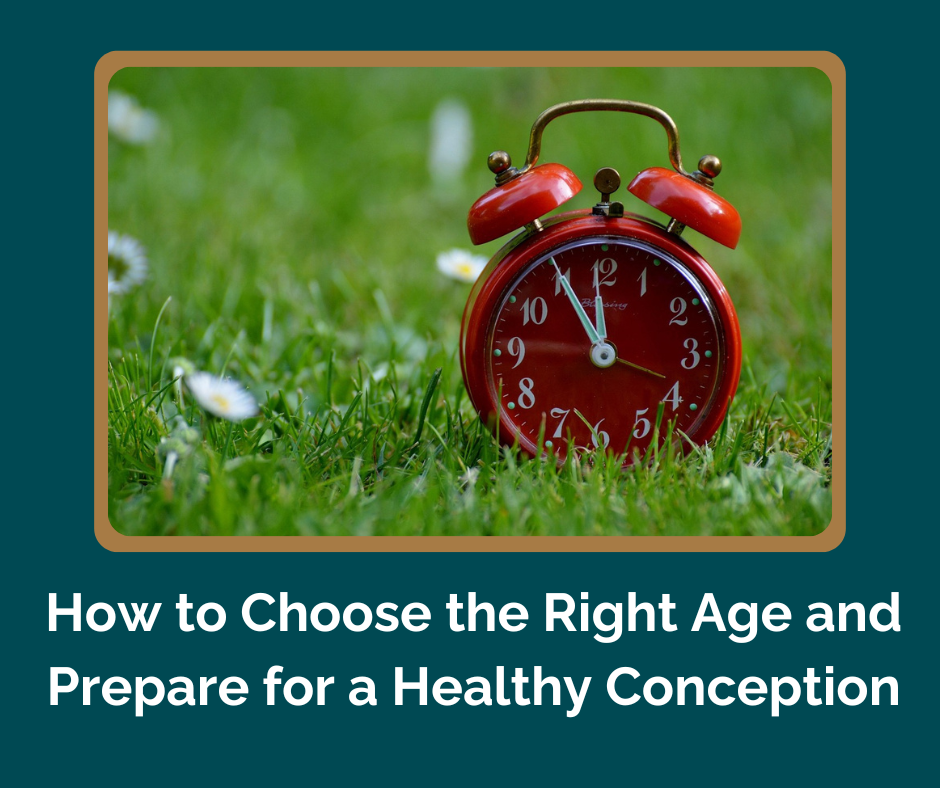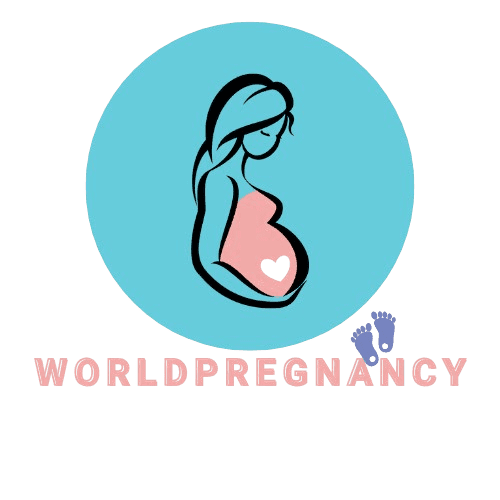Discover the best time for pregnancy, from the ideal age to physical and mental preparation. Learn how to track ovulation, maintain a healthy lifestyle, and ensure a smooth journey to motherhood.

The Journey to Motherhood Begins
Becoming a mother is one of life’s most beautiful and transformative experiences. But when is the best time for pregnancy? Whether you’re planning to conceive soon or simply exploring your options, understanding the ideal age, lifestyle, and preparation for pregnancy can make all the difference.
This guide will walk you through everything you need to know—from tracking ovulation to maintaining a healthy lifestyle—so you can embark on this journey with confidence and joy.
The Journey to Motherhood Begins
Becoming a mother is one of life’s most beautiful and transformative experiences. But when is the best time for pregnancy? Whether you’re planning to conceive soon or simply exploring your options, understanding the ideal age, lifestyle, and preparation for pregnancy can make all the difference.
This guide will walk you through everything you need to know—from tracking ovulation to maintaining a healthy lifestyle—so you can embark on this journey with confidence and joy.

Real-Life Story: A Mother’s Journey
“I always thought I’d have kids in my late 20s, but life had other plans. At 32, I decided it was the right time. I started tracking my ovulation, eating healthier, and taking prenatal vitamins. It wasn’t easy, but when I saw those two pink lines, I knew it was worth it.” – Priya, First-Time Mom.
Solutions and Efforts: How to Prepare for Pregnancy
Preparing for pregnancy involves more than just timing. Here’s how you can ensure you’re ready physically, mentally, and emotionally:
1. Track Your Ovulation
- Use an ovulation calendar or ovulation predictor kits (OPKs) to identify your fertile window.
- The fertile window typically includes the 5 days before ovulation, the day of ovulation, and the day after.
2. Maintain a Healthy Lifestyle
- Eat a Balanced Diet: Focus on fruits, vegetables, whole grains, lean proteins, and healthy fats.
- Exercise Regularly: Engage in moderate activities like walking, yoga, or swimming.
- Avoid Harmful Habits: Quit smoking, limit alcohol, and avoid recreational drugs.
3. Take Prenatal Vitamins
- Start taking folic acid (400–800 mcg daily) at least 3 months before conception to prevent neural tube defects.
- Consider supplements like iron, calcium, and DHA for overall health.
4. Manage Stress
- Practice mindfulness, meditation, or deep breathing exercises.
- Seek support from your partner, family, or a counselor if needed.
5. Consult a Doctor
- Schedule a preconception checkup to address any health concerns.
- Discuss your medical history, medications, and lifestyle habits with your healthcare provider.
Statistics and Research Data
- According to the World Health Organization (WHO), women aged 20–30 have the highest fertility rates, with a gradual decline after 35.
- A study by UNICEF found that 1 in 6 couples worldwide face fertility challenges, highlighting the importance of early preparation.
- The American Pregnancy Association reports that taking folic acid before conception can reduce the risk of neural tube defects by up to 70%.

FAQ Section: Addressing Common Concerns
1. What is the best age for pregnancy?
The ideal age for pregnancy is typically between 20 and 30 when fertility is at its peak. However, many women have healthy pregnancies in their early 30s with proper care.
2. How can I track my ovulation?
You can use an ovulation calendar, or ovulation predictor kits (OPKs), or monitor physical signs like cervical mucus and basal body temperature.
3. What foods should I eat to boost fertility?
Focus on nutrient-rich foods like leafy greens, berries, nuts, seeds, whole grains, and lean proteins. Avoid processed foods and sugary drinks.
4. How long does it take to get pregnant?
For most couples, it takes 3–6 months of trying to conceive. However, this can vary based on age, health, and lifestyle factors.
5. Can stress affect my chances of getting pregnant?
Yes, high-stress levels can disrupt hormonal balance and ovulation. Practice stress management techniques like yoga, meditation, or journaling.
Conclusion: Your Journey Starts Here
Choosing the best time for pregnancy is a deeply personal decision, but with the right preparation, you can make this journey smoother and more fulfilling. Remember, you’re not alone—millions of women around the world are on the same path, and there’s a wealth of resources and support available to guide you.
What steps will you take today to prepare for pregnancy? Share your thoughts in the comments below, and let’s build a community of strength and support for all mothers-to-be.
